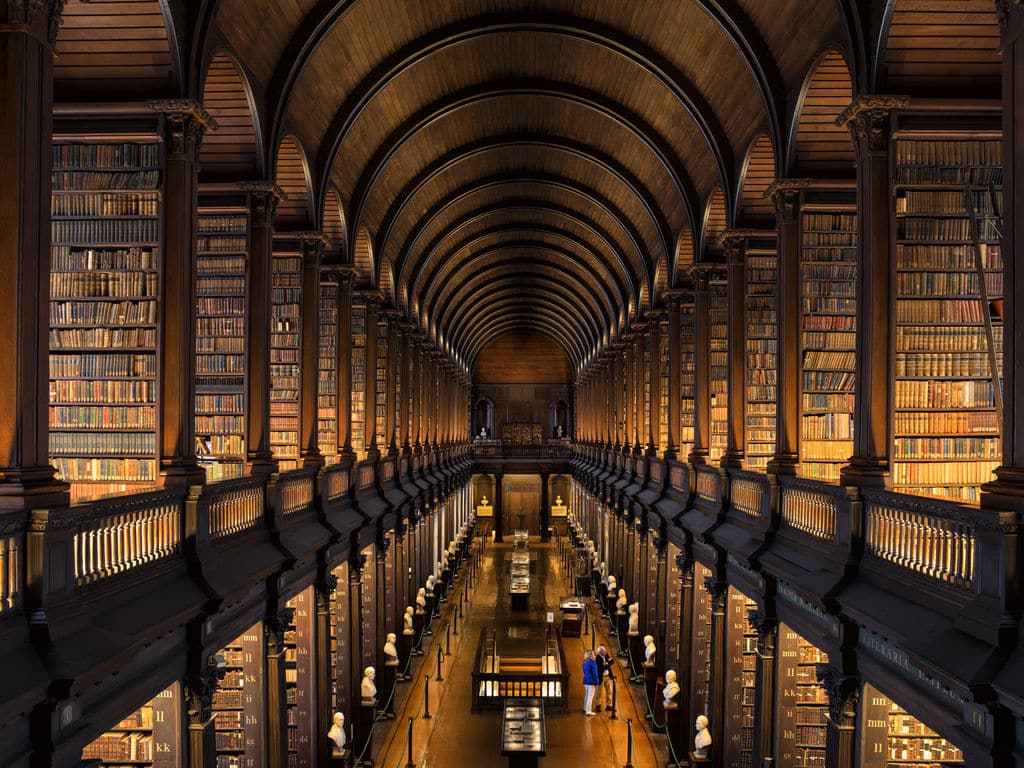This is version 1.0 – expanded versions will attempt the impossible task Iʻve set for myself of a coherent and minimally comprehensive list of nonfiction books – anyway it will take more than one summer to get through this..
New Journalism
In Cold Blood – Truman Capote
Capote made journalism exciting, edgy and literary. Many have tried to emulate him but few have succeeded.
Sociology
The Protestant Work Ethic and the Spirit of Capitalism – Max Weber
Itʻs old, but still explains a lot about why we work and stress the way we do, and the difference between Catholics and Protestants, and Catholic and Protestant countries!
The Third Wave/Future Shock – Alvin Toffler
I put two books here because the predictions in them have all come true to the point where they are our current reality. Think of Tofflerʻs work as a history of the future.
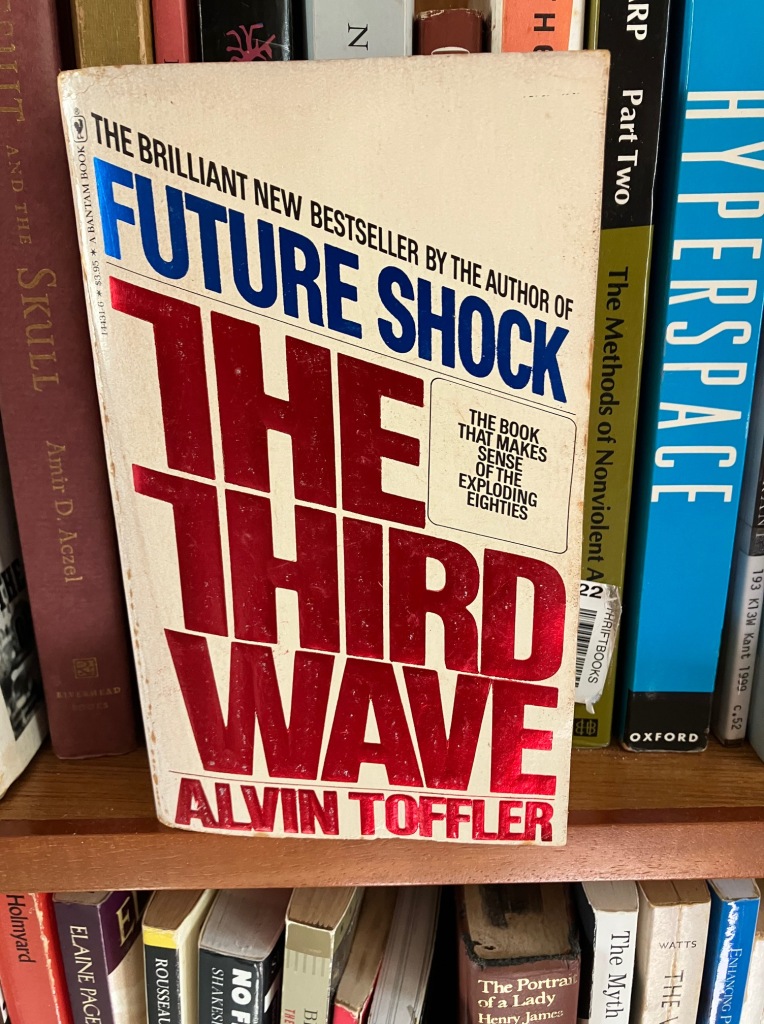
Intellectual History
Lost in Thought – Zena Hitz
A very personal account of deliberately living the life of the mind, from a tutor (professor) at the unusual St. Johnʻs College, with its Great Books curriculum.
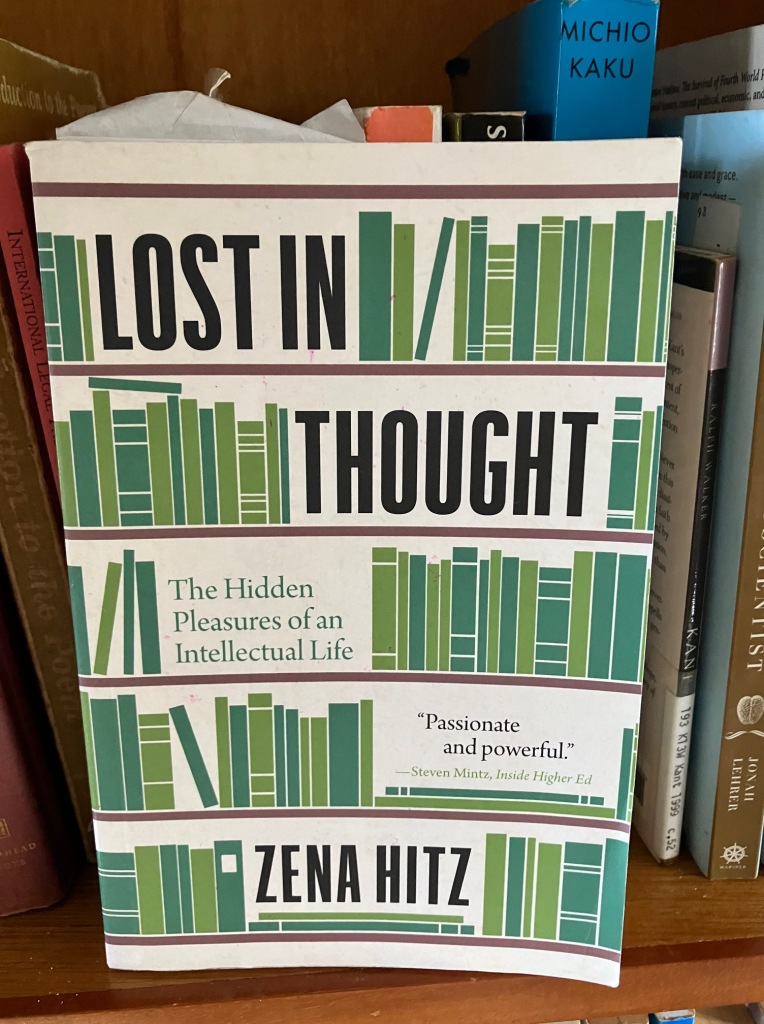
The Western Canon – Harold Bloom
Critical literary studies and postmodernists wonʻt like this one, but I like to err on the side of reading everything. This is a traditionalistʻs overview of Western lit from an old school patrician.

Political Theory and Philosophy
Power/Knowledge – Michel Foucault
Foucault has many classics: Discipline and Punish, Madness and Civilization among them, but Power/Knowledge really sums up his thought for the initiate.
The Consolations of Philosophy – Alain de Botton
This one is for non-philosophers, which is basically everyone these days. de Bottonʻs look at how philosophy can be used in everyday life is accessible and offered in bite-sized portions.
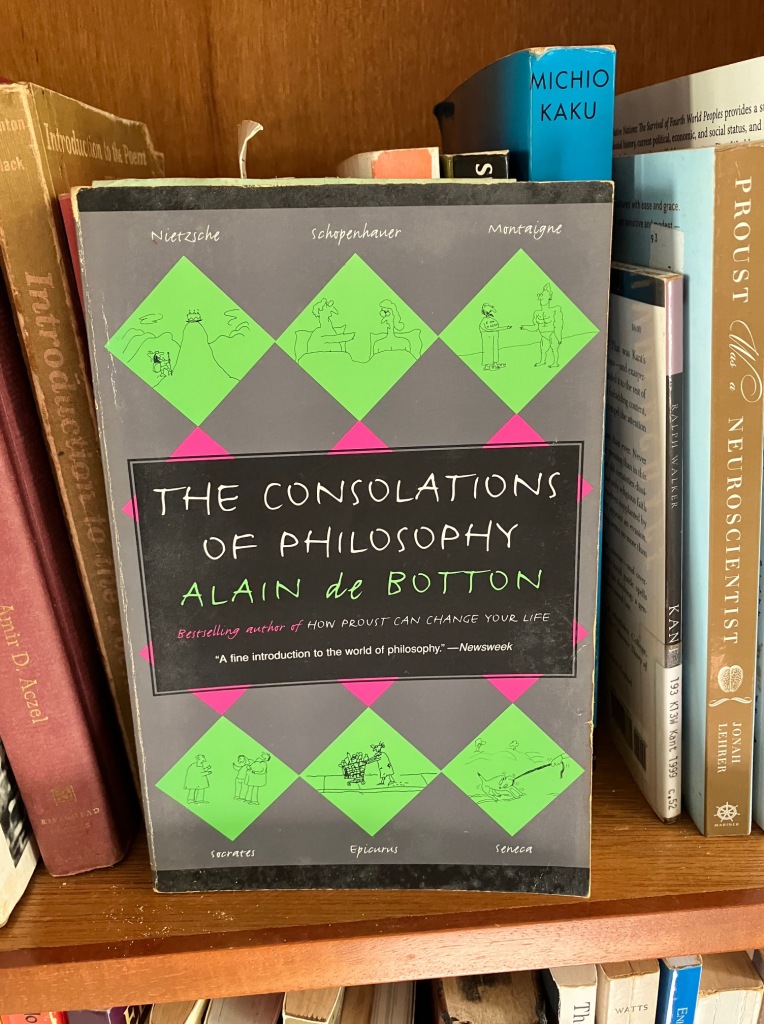
Orientalism – Edward Said
The blurb on its back cover really says it all about the classic written by the enigmatic, high brow Palestinian Christian scholar:
Orientalism is the example Mr. Said uses, and by it he means something precise. The scholar who studies the Orient (and specifically the Muslim Orient), the imaginative writer who takes it as his subject, and the institutions which have been concerned with teaching it, settling it, ruling it, all have a certain representation or idea of the Orient defined as being other than the Occident, mysterious, unchanging and ultimately inferior.” —Albert Hourani, The New York Review of Books
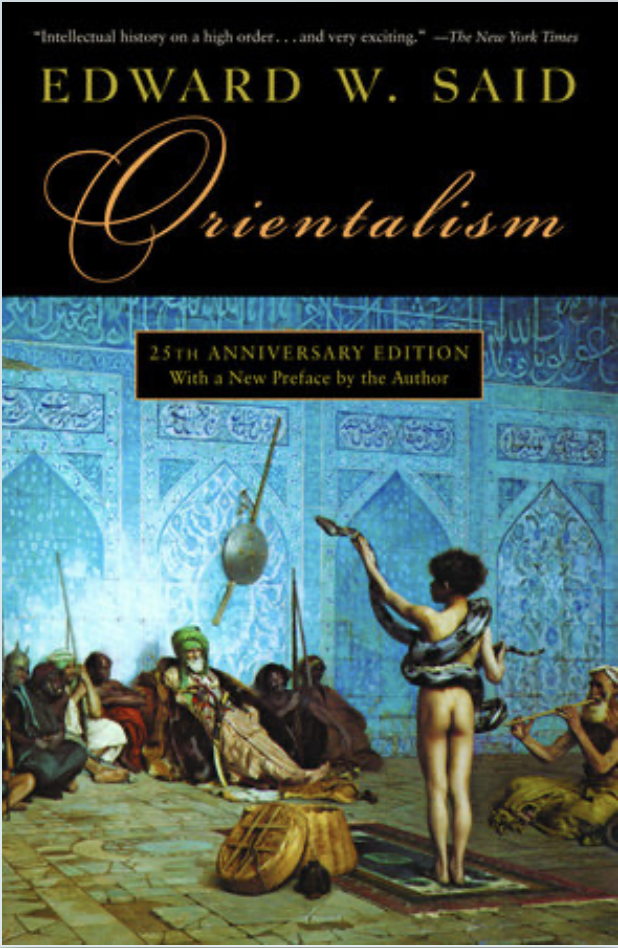
The Prince – Machiavelli
A book that thinkers and theologians have loved to hate, itʻs still a must-read thatʻs relevant to our times, perhaps never more relevant.
History
Guns, Germs and Steel – Jared Diamond
Diamond could be accused of “geographical determinism” but his geographical explanation of colonialism takes any weird race-based traits out of the equation in answering his Papuan friendʻs question: “Why do whites have so much cargo [material goods]?”
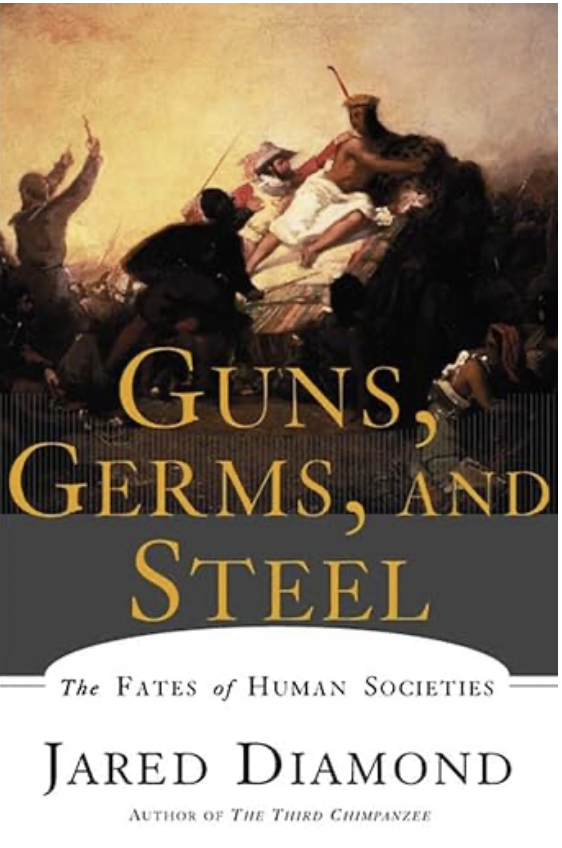
Sapiens – Yuval Noah Harari
Big history done bombastically, itʻs a great prequel to his later book Homo Deus, which I just stopped short of putting in the futurist section here.

Feminism
The Second Sex – Simone de Bouvoir
The title is ironic as the long time partner of philosopher Jean-Paul Sartre beat him in the extremely rigorous test for admission to the prestigious Ecole Normal Superior, and went on the lead the feminist movement in her time.
When this book was first published in 1949 it was to outrage and scandal. Never before had the case for female liberty been so forcefully and successfully argued.
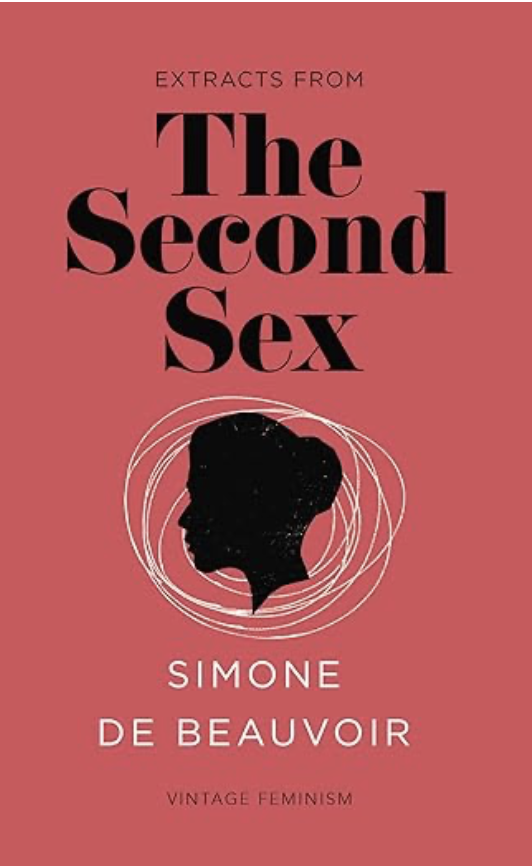
Travel
A Walk in the Woods – Bill Bryson
This book inspired me to want to hike the Appalachian Trail, which passes through my wifeʻs hometown in Massachusetts. (A post retirement goal). Bryson was coming off of years of “waddling sloth” so his account makes it so that “everyman” thinks the over-2000 mile trail is possible.
Biography
Autobiography of Fredrick Douglas
At a time when basic rights are at stake, the self-education of an enslaved person could be required reading.
Autobiography of Malcolm X – Malcolm X as told to Alex Haley
Probably the best biography Iʻve read – itʻs very real and raw, which probably why itʻs a classic.

Gore Vidal: A Biography – Fred Kaplan
Vidal, in my view, is a candidate for most interesting man of the 20th century along with the next writer…
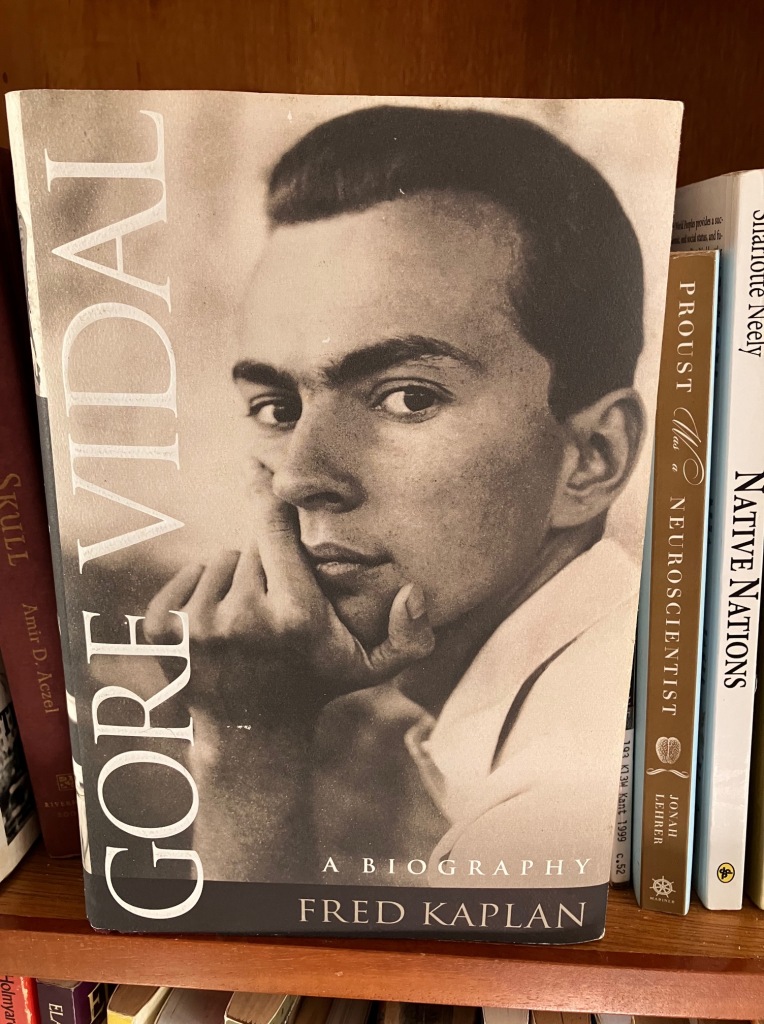
Saul Bellow – Adam Lerner
Bellow actually has some nonfiction writings – I was looking for a reason to get one of my very favorite fiction writers on a nonfiction list
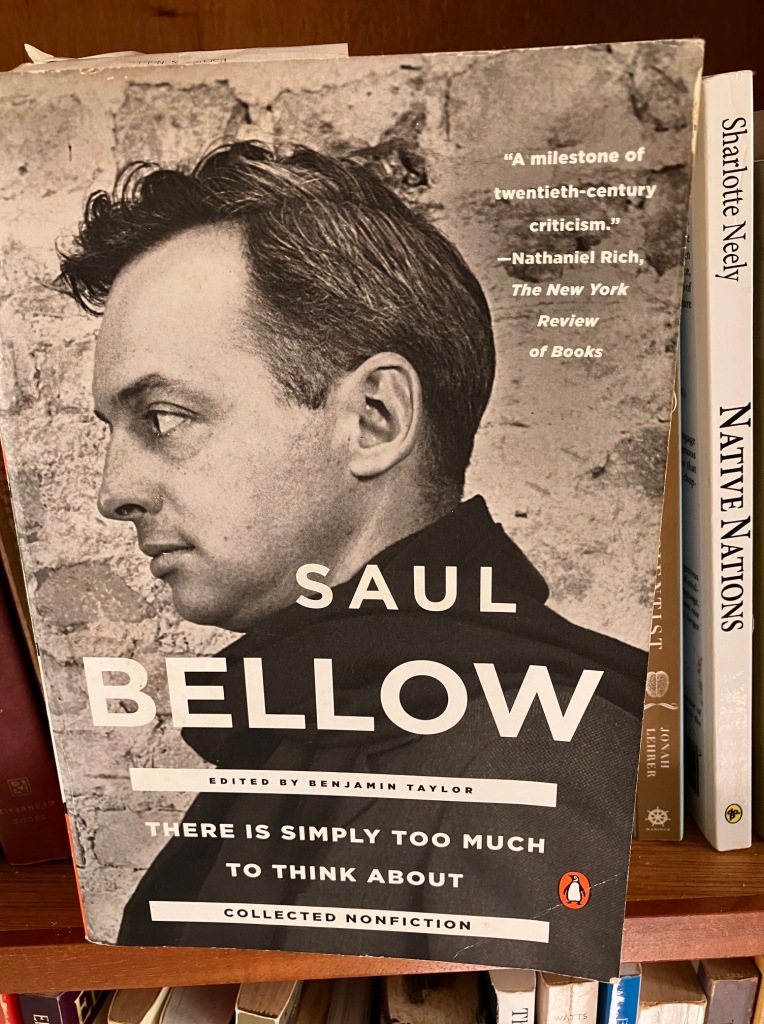
Economics
The Ascent of Money – Niall Ferguson
A quite conservative economic historian, Ferguson paints a broad picture of how banking went from a marginalized practice to a central aspect of modern life.
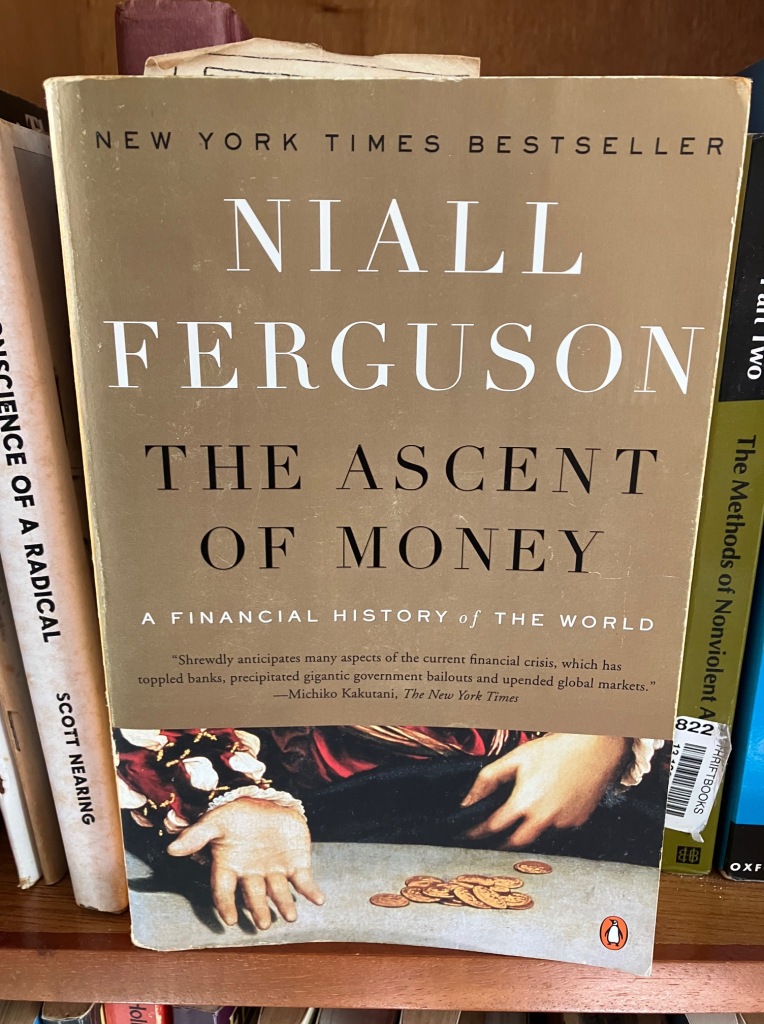
Globalism – Manfred Steger
Iʻm a bit biased on this one – Steger is a family friend and one-time mentor of mine, but he is a central figure in the phenomenon of globalization as it was emerging (now weʻre seeing the outline of a de-globalized future).
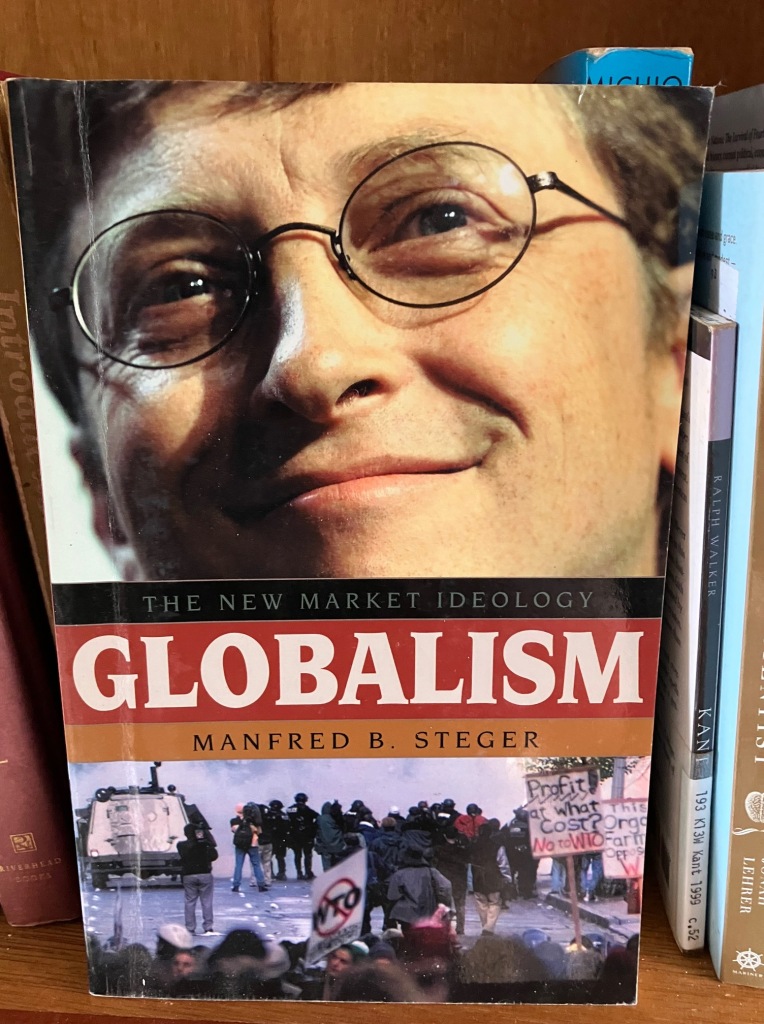
General
Outliers – Malcolm Gladwell
Gladwell is an insanely popular writer, a “minor genius” The New Yorker has called him (probably accurately). And if youʻre going to read just one of his books, Outliers is the one – the source of the now-urban legendary “10,000 hour rule.” Thereʻs more in the book, itʻs definitely worth reading and his others just arenʻt quite as good.
Esoteric
Varieties of Religious Experience – William James
James is a straight-up genius and one of the first to recognize similarities across religious traditions in states and stages, which set the stage for the work of the next writer…
A Theory of Everything – Ken Wilber
Wilber is a certified genius (not a minor one like Gladwell) but has been ignored in academia because his work constitutes a meta-narrative – a grand, explanatory narrative of how things work, and the post-modern set in academia is opposed to precisely such narratives. Outside of academia, heʻs somewhat influential – the UN uses his framework, for example.

Change We Must – Nana Veary
Many of my students are quite moved by the story of a full-blooded Hawaiian Buddhist, Veary really does break away from both the Hawaiian-Christian and the traditional Hawaiian religious molds.
The Power of Now – Eckhart Tolle
This book is a blockbuster thanks to Oprah Winfrey, but it manages to present tools for the modern person that are usually available only within religious practice.
Hawaiʻi
Catch a Wave – Tom Coffman
Coffman, still writing and better known for Nation Within: The Story of the American Occupation of Hawaiʻi, portrays the crucial period of the early Democratic Party dominance and in-fighting in a way that explains how we got here politically.
Land and Power in Hawaiʻi – Cooper and Daws
Few books dig up the underbelly of inside deals like Land and Power, which does so in a way that explains how this strange city of Honolulu developed in the way it did.
The Power of the Steel-Tipped Pen – Noenoe Silva
Silvaʻs Aloha Betrayed is one of the most-read academic books on Hawaiʻi, but her second book delves deeply into the question: Who were the native intellectuals and writers of the Kingdom period, and how did they think? In other words, itʻs the beginning of an intellectual history of the Lāhui.

